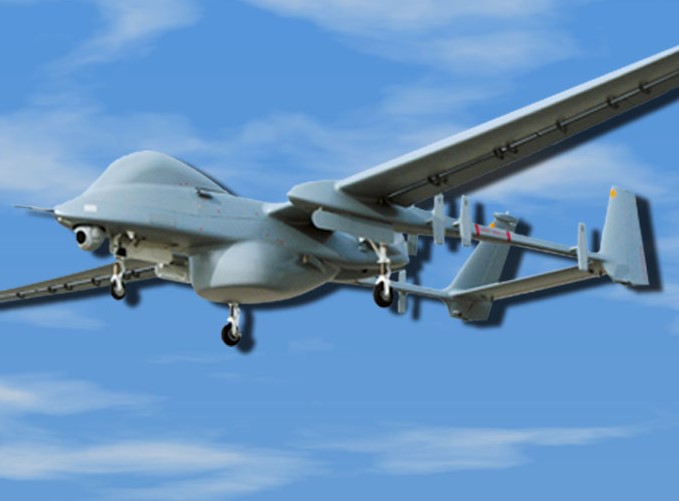Drones, not only those with surveillance capabilities but units that are also weaponized, will be playing a more significant role in the Royal Canadian Air Force’s defence of Canadian territory as well its support of troops deployed abroad.
This was highlighted recently when a request for information (RFI) for the Joint Unmanned Surveillance and Tactical Acquisition Systems (JUSTAS) project was posted in the government’s Web site for procurement and tender notices.
Public Services Procurement Canada said it is seeking feedback from defence contractors regarding long range, long endurance unmanned aircraft systems (UAS).
“In support of the enduring Canadian defence strategy roles and missions, UAS will play a significant role in the CAF system of systems approach to Intelligence, Surveillance and Reconnaissance (ISR), with emphasis on the defence of Canadian territory, including the Arctic and maritime approaches, and a capability to support ISR and precision strike in support of deployed forces,” according to the RFI. “As a result the CAF has to field and support interoperable, network-enabled UAS to provide ISR, Target Acquisition and a weapons carrying and delivery capability in support of CAF operations worldwide.”
The Canadian Forces had earlier intended to have drones in the air by 2010 and has been trying to build a fleet of UAS as far back as 2007 when it tried to sole purchase Predators drones from General Atomics. That move was blocked by the Conservative government.
Instead, in 2009, the military leased from MacDonald Dettwiler and Associates the Heron drone for operations in Afghanistan. The Heron is made by Israel Aerospace Industries. The lease ran from 209 to 2011.
An RFI on JUSTAS was released in 2012 but nothing has happened until now.
The new RFI released this month is seeking feedback from companies on options to meet the Government or Canada and RCAF needs associated with capability, schedule, cost, risks and economic benefits.
The feedback will be used to develop details on cost estimates and refine requirements for the definition phase for funding approval.
The delivery for the new RFI is set for March 16, 2016.
Early last year, an Air Force official was quoted in the media as saying the RCAF expected to award an UAS contract by 2019 and have all aircraft delivered by 2023.
The latest JUSTAS stresses that the RFI is not a call for tender or Request for Proposal and that no agreement or contract will be entered into based on this RFI.

